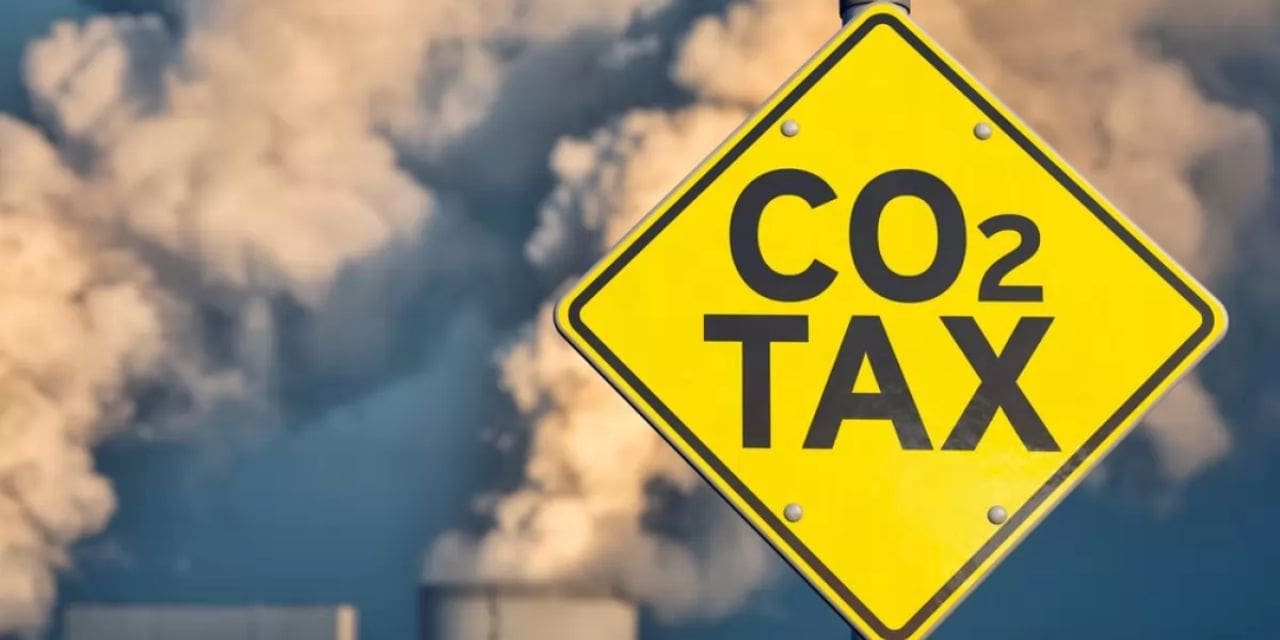India is negotiating with the United Kingdom (UK) for relief measures to counter the carbon border tax that is set to be levied on imported goods in 2027. The UK has introduced the Carbon Border Adjustment Mechanism (CBAM), a carbon import levy, to combat climate change. However, this move poses a challenge to India’s ongoing free trade agreement (FTA) negotiations with the UK.
India has proposed various options to mitigate the impact of the carbon border tax. One option is to secure a longer transition period, considering that the UK aims to achieve net-zero emissions by 2050, while India has a target of reaching this goal 20 years later. Another possibility is to repatriate the taxes collected from Indian exporters.
During the negotiations, India seeks a bilateral commitment from the UK on these relief measures. The aim is to finalize the FTA before the Lok Sabha election in India, with a target date set for February.
However, concerns regarding the CBAM’s potential to nullify the benefits of the proposed trade deal have emerged. India has raised the question of how the FTA will be effective if the CBAM is implemented. Ajay Srivastava, a former trade ministry official, warned that India should prepare for a situation where Indian products face higher taxes, while partner countries’ goods enter India duty-free.
This issue has become one of the major obstacles in finalizing the India-UK trade deal, along with disagreements over rules of origin, intellectual property rights, and goods and services. The negotiation process, which started unofficially to close the deal in October, has faced delays due to these contentious issues.
The 14th round of negotiations is set to resume in January as both India and the UK aim to find a solution that balances their trade interests while addressing the challenges posed by the carbon border tax.

